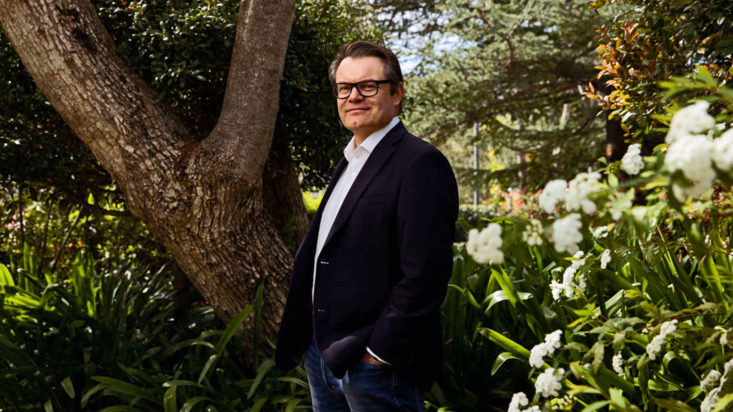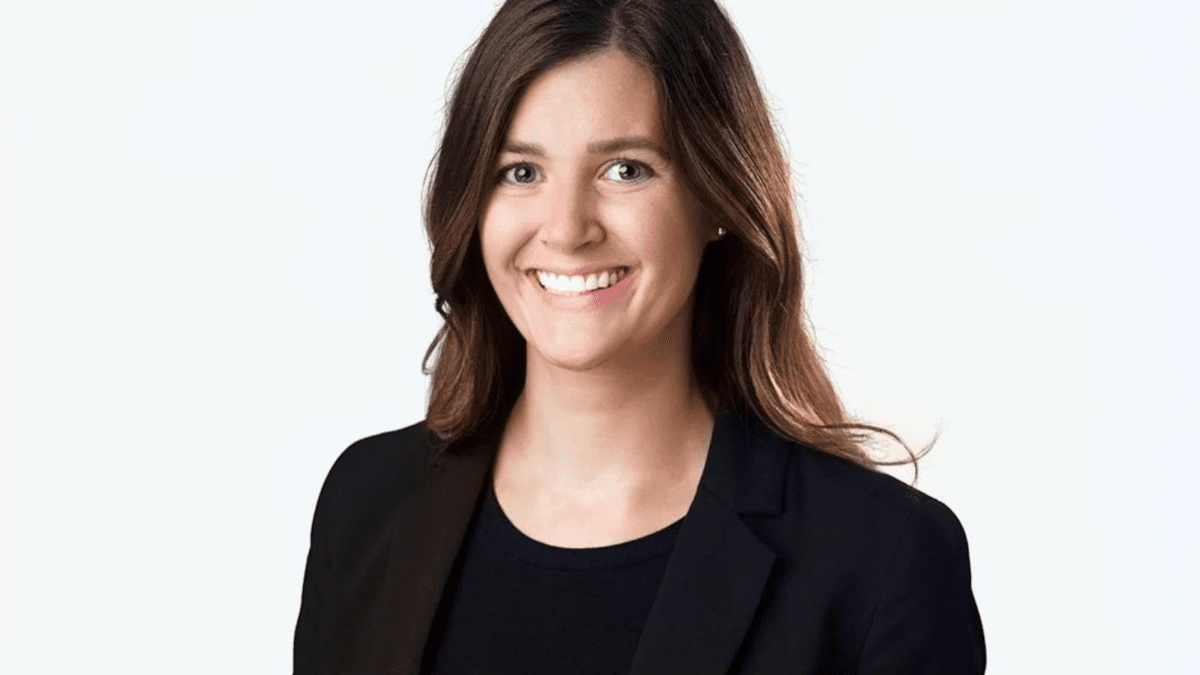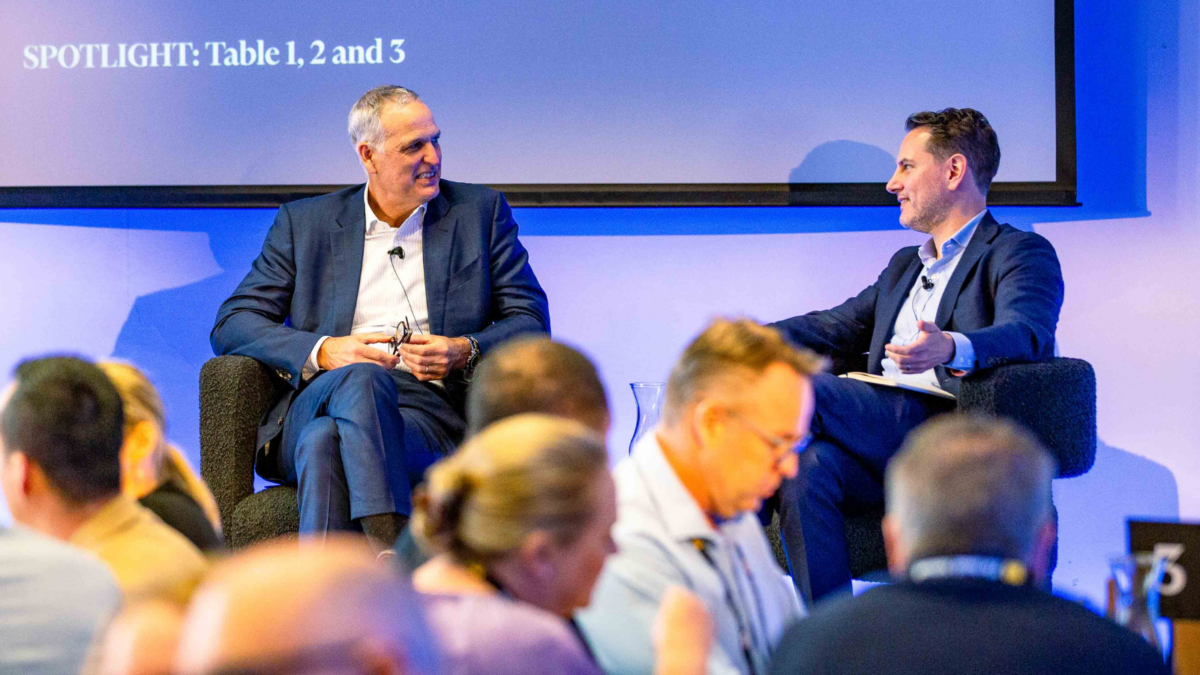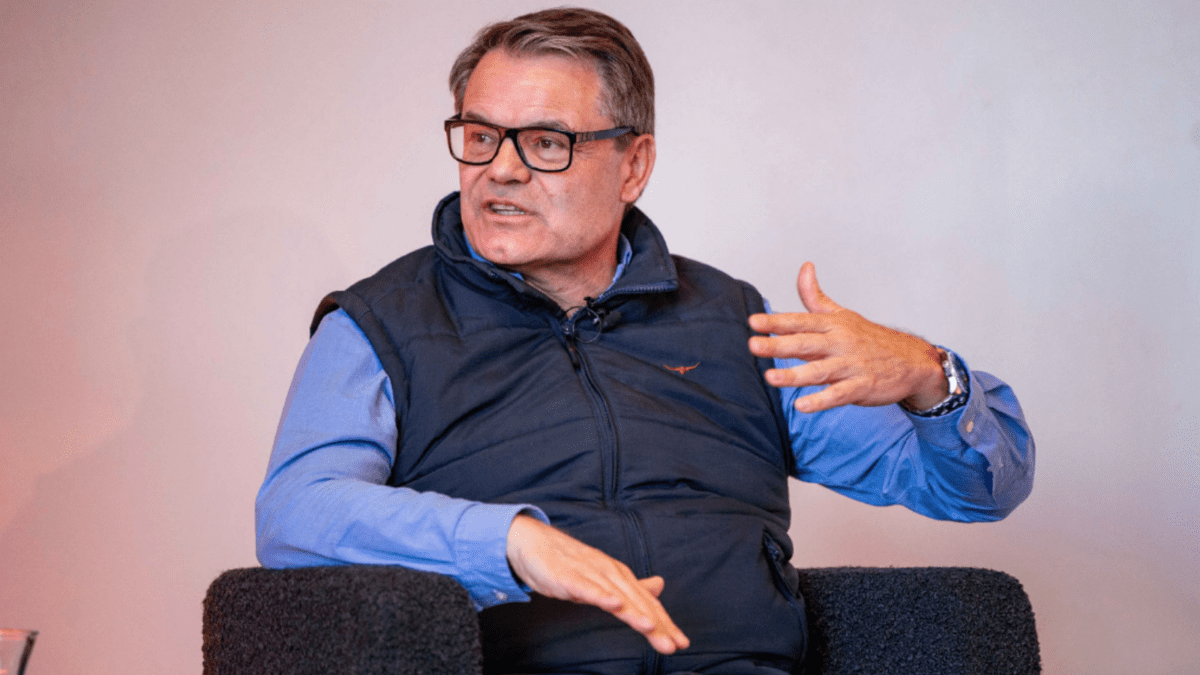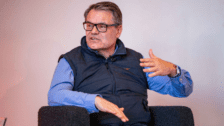‘Look through the macro’ and focus on the company
“Look through the macro” were the words used by portfolio manager Adam Chandler in a recent update on Claremont Global’s high-conviction global equity strategy. In a recent update delivered after the stellar US reporting season the group stressed the importance of “organic” rather than headline growth in its approach.
Having invested through the crises in both Zimbabwe and South Africa, head of Claremont Global and portfolio manager Bob Desmond is acutely aware of the importance of quality. He regularly highlights this as the only option in many less-developed markets and a key reason behind his comfort in holding anywhere from 10 to 15 global stocks in the firm’s Global Fund.
Delivered with a dry sense of humour, Desmond discussed the most important traits of businesses into which Claremont seeks to invest, with quality at the centre. He notes that few people are looking for ‘bad businesses’ nor are they looking for those with ‘weak balance sheets’, but that the firm’s unique approach and patience has been key to their performance since 2011.
The approach is quite simple; to seek out companies that are delivering consistent return on invested capital, but most importantly doing so while growing sales revenue organically, rather than through acquisitions. This is harder to find, and arguably more valuable, when economic conditions deteriorate as they appear to be at the moment.
The team of five, including three analysts, seeks to deliver annual returns of between 8 to 12 per cent and Claremont has no intention of further expanding its research team. With $1.2 billion under management the group has sufficient revenue to cover its costs and believes the current team is sufficient to cover the circa 80 stocks that fall onto its watchlist at any given time.
These 80 stocks are eventually reduced to a preferred list of 35 companies through detailed fundamental analysis and company meetings, all organised directly rather than through the traditional ‘broker’ channels. Commenting on this, Desmond notes the “different time frame and agenda” of most brokers as a key reason for the preference for internal research.
Ultimately the group seeks to buy growing companies but at a discount of at least 20 per cent to their perceived fair value, and continues to utilise an 8 per cent discount rate despite many more aggressive competitors having reduced theirs significantly. On this, Desmond confirms “very few businesses fulfil their criteria at the right price”.
Flexibility is, of course, key to portfolio construction, with Claremont’s smallest holding, a US$20 billion ($27.4 billion) market cap, nearly uninvestable for many larger global managers, but able to be weighted as high as 8 to.9 per cent in its strategy, such is the firm’s level of conviction.
Claremont is quick to stress a number of areas into which it won’t go, being those sectors subject to significant regulation, those with highly competitive markets and cyclicals. This all but excludes financials, mining and energy, fast-growing tech and utilities from its universe. What results is a unique blend of digitally enabled businesses like Visa, Alphabet and Microsoft, along with some durable consumer brands like the US’ version of Bunnings, Lowe’s, off-price clothing store Ross Stores and Nike. These are all managed within a soft cap exposure of 25 per cent to any sector.
Interestingly, despite the high conviction strategy, the contribution to returns has been evenly spread across the portfolio, with Alphabet the standout at 5.1 per cent in FY21, but eight stocks delivering between 1.5 and 2.5 per cent.
Desmond concludes by highlighting the incredible quality and breadth of opportunity on offer from the existing portfolio holdings like Microsoft and Visa, both of which are just scratching the surface. In this case of Visa, the group feels “really good” about the business as it benefits from the cash-to-card shift that the pandemic has potentially accelerated by a decade, at least in the US. Payment volumes have improved 21 per cent in two years, with 41 per cent growth in debit and a number of ancillary channels like cross-border payments set to recover.



